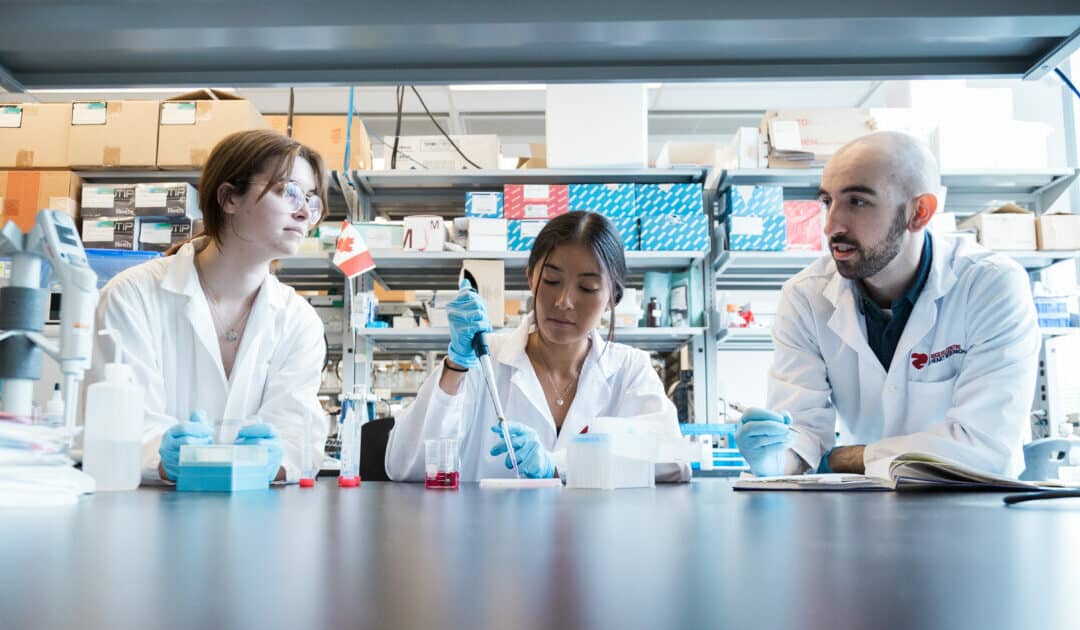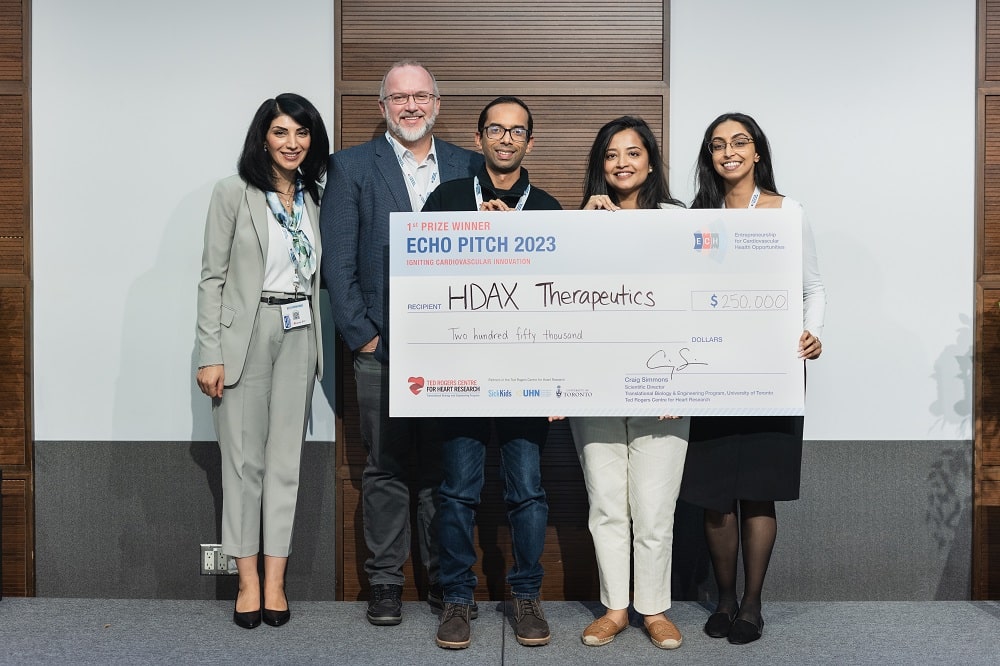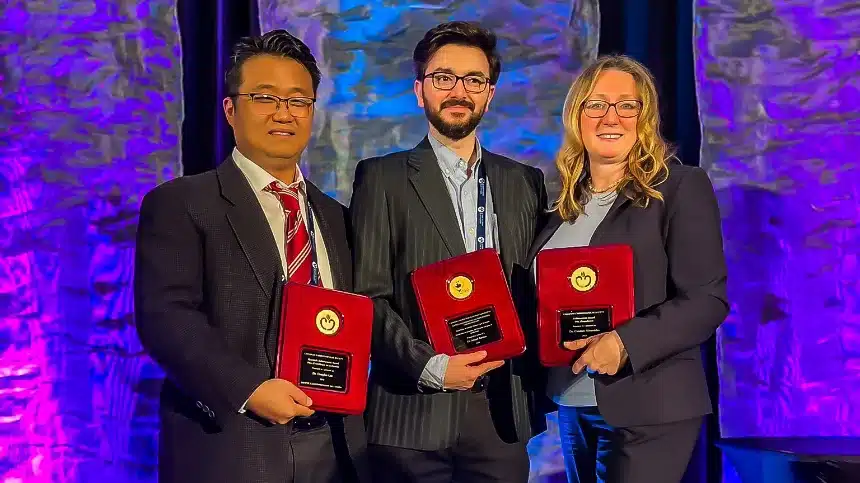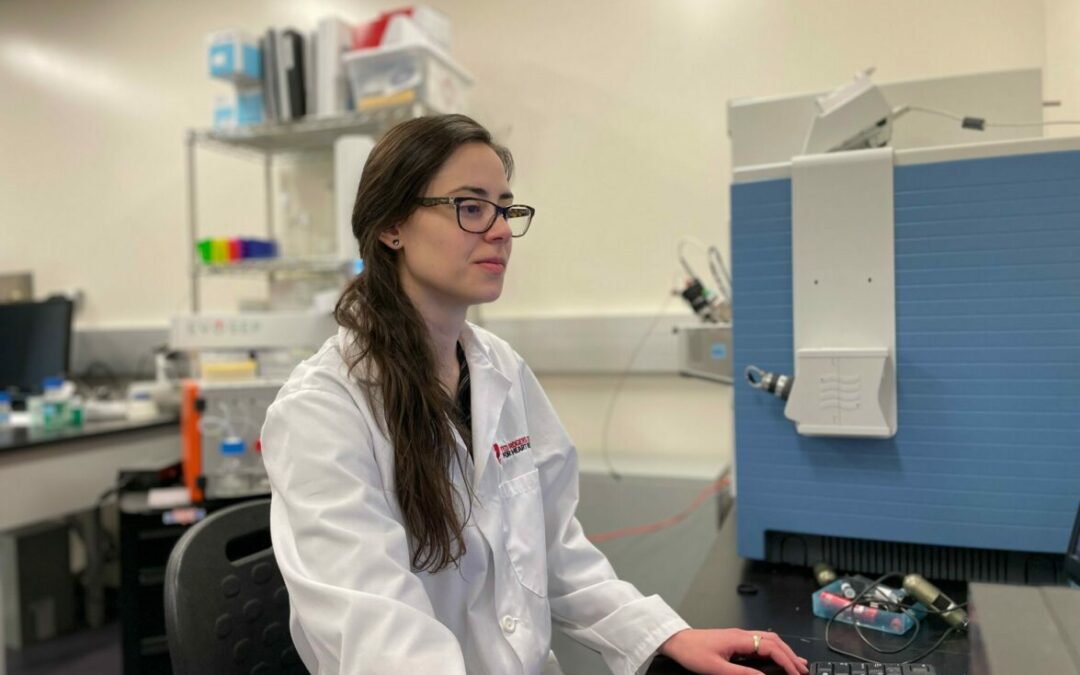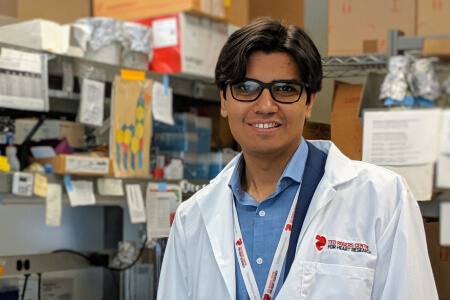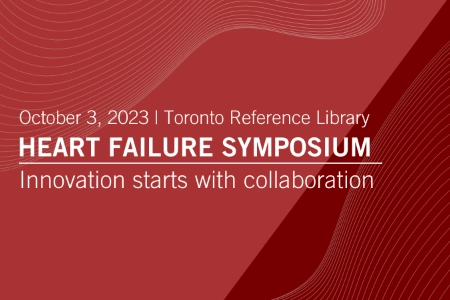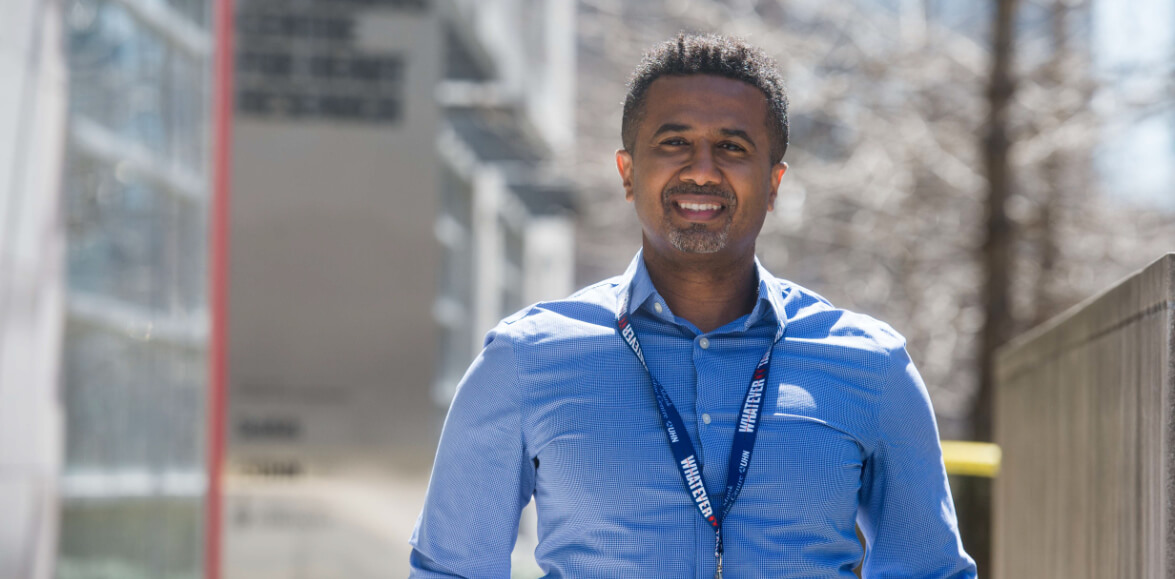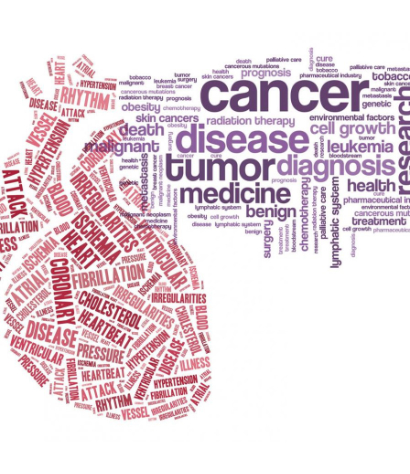We assess and manage each patient’s cardiovascular risk, existing heart disease during cancer treatment, and cardiac events that occur during cancer therapy.
Our program has directly impacted patient outcomes. Among women with breast cancer whose therapy puts them at high risk, incidence of heart failure has decreased by ~50% in our clinic compared to historical rates.
We target emerging areas of need with unique services such as our clonal hematopoiesis clinic – one of the world’s first – that now treats people who are at greater genetic risk to both cancer and heart disease.




